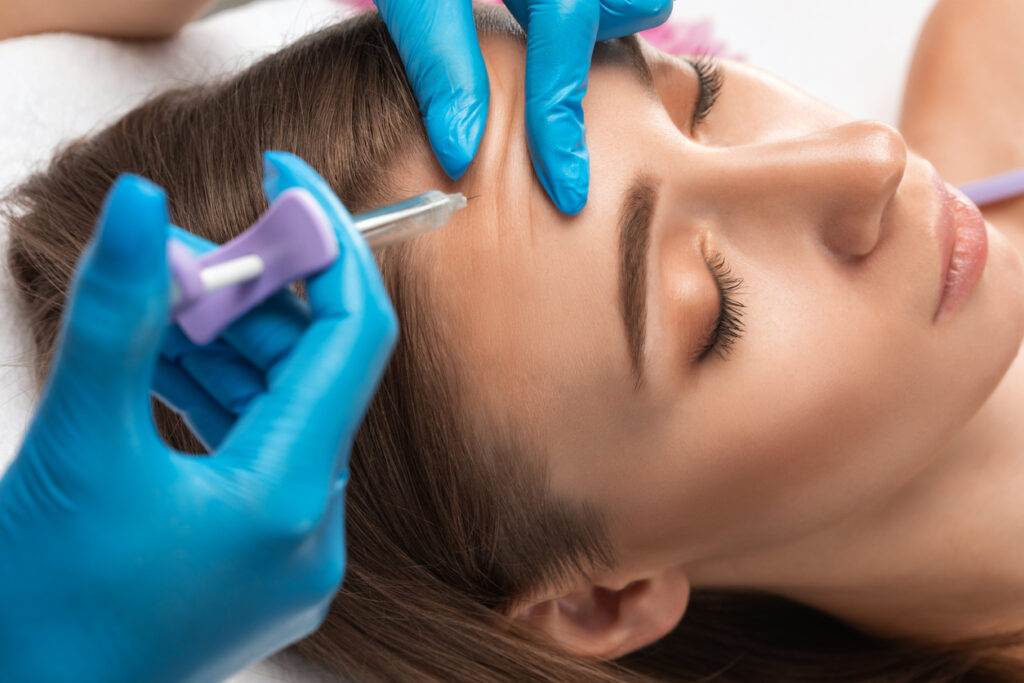Recent cases where possibly counterfeit neurotoxins in Illinois and Tennessee led to a cluster of illnesses resembling Botulism highlight the need to strengthen patient safety through increased oversight of medical care in all settings, according to the American Society for Dermatologic Surgery Association (ASDSA).
The group points to recommendations in ASDSA’s “Medical Spa Safety Act” which can help ensure patients’ safety.
The U.S. Food and Drug Administration (FDA) issued a guidance in 2023 to state that anyone considering a neurotoxin or dermal filler should consult with a licensed provider who is experienced in injecting dermal fillers; knowledgeable about fillers, anatomy, managing complications; and knows the risks and benefits of treatment.
“ASDSA takes the safety of patients very seriously, and we urge states to consider this in regulating medical practice in all settings of care. It is important to make sure all patients receive FDA approved products and not counterfeit or otherwise unsafe treatments,” says ASDSA President Seth Matarasso, MD, a Clinical Professor of Dermatology at the University of California School of Medicine in San Francisco, in a news release. “Lack of regulation and enforcement has enabled many to offer medical procedures for cosmetic purposes outside of their training and expertise.”
“The Illinois Dermatological Society (IDS) stresses the critical need for cosmetic medical procedures to be performed by physicians with specialized training or those who follow established medical protocols under physician guidance. The recent botulism-like cases in Illinois are a stark reminder of the risks associated with unauthorized practitioners,” adds IDS President Amy Derick, MD. “We stand with ASDSA and align with state health authorities in advocating for patients to receive treatments exclusively from licensed professionals employing FDA-approved products. This approach is fundamental to maintaining the utmost standards of patient safety and quality of care.”


